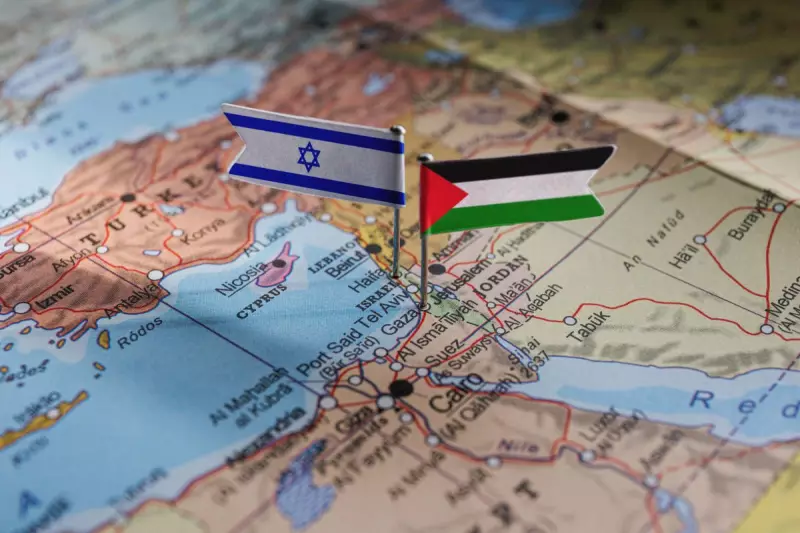
Sir Keir Starmer is confronting one of the most significant backbench rebellions of his leadership as over 40 Labour MPs defy the party's official position to demand immediate British recognition of a Palestinian state.
The mounting pressure comes amid growing internal discontent with Labour's approach to the ongoing Israel-Gaza conflict. Senior figures including former shadow ministers are backing an amendment to the King's Speech that would compel the UK government to recognise Palestine as a sovereign state.
Growing Internal Dissent
The rebellion, led by former shadow minister Afzal Khan, has garnered support from prominent MPs across the party's left and centre. This development signals deepening fractures within Labour ranks over Starmer's cautious diplomatic approach to the Middle East crisis.
"This is one of the most important moral and political issues of our time," stated one Labour MP involved in the rebellion. "We cannot stand by while the suffering in Gaza continues without taking decisive action."
Government's Cautious Stance
While the Labour leadership has expressed support for Palestinian statehood in principle, it has emphasised that recognition should come as part of a peace process rather than as an immediate unilateral move. This position aligns broadly with the government's longstanding approach.
Prime Minister Rishi Sunak's administration has maintained that recognition should occur at the appropriate time when it can most effectively contribute to peace negotiations between Israel and Palestine.
International Context
The UK's position contrasts with several European nations that have recently moved toward recognition. Spain, Ireland, Norway, and Slovenia have all taken steps to acknowledge Palestinian statehood, creating increased pressure on Britain to follow suit.
The rebellion highlights the growing political cost of the UK's cautious approach, particularly within the Labour Party where many members and MPs favour a more proactive stance in support of Palestinian rights.
As the death toll in Gaza continues to rise, the pressure on both government and opposition leadership to reconsider Britain's diplomatic position is likely to intensify, making this one of the most contentious foreign policy issues in Westminster.






